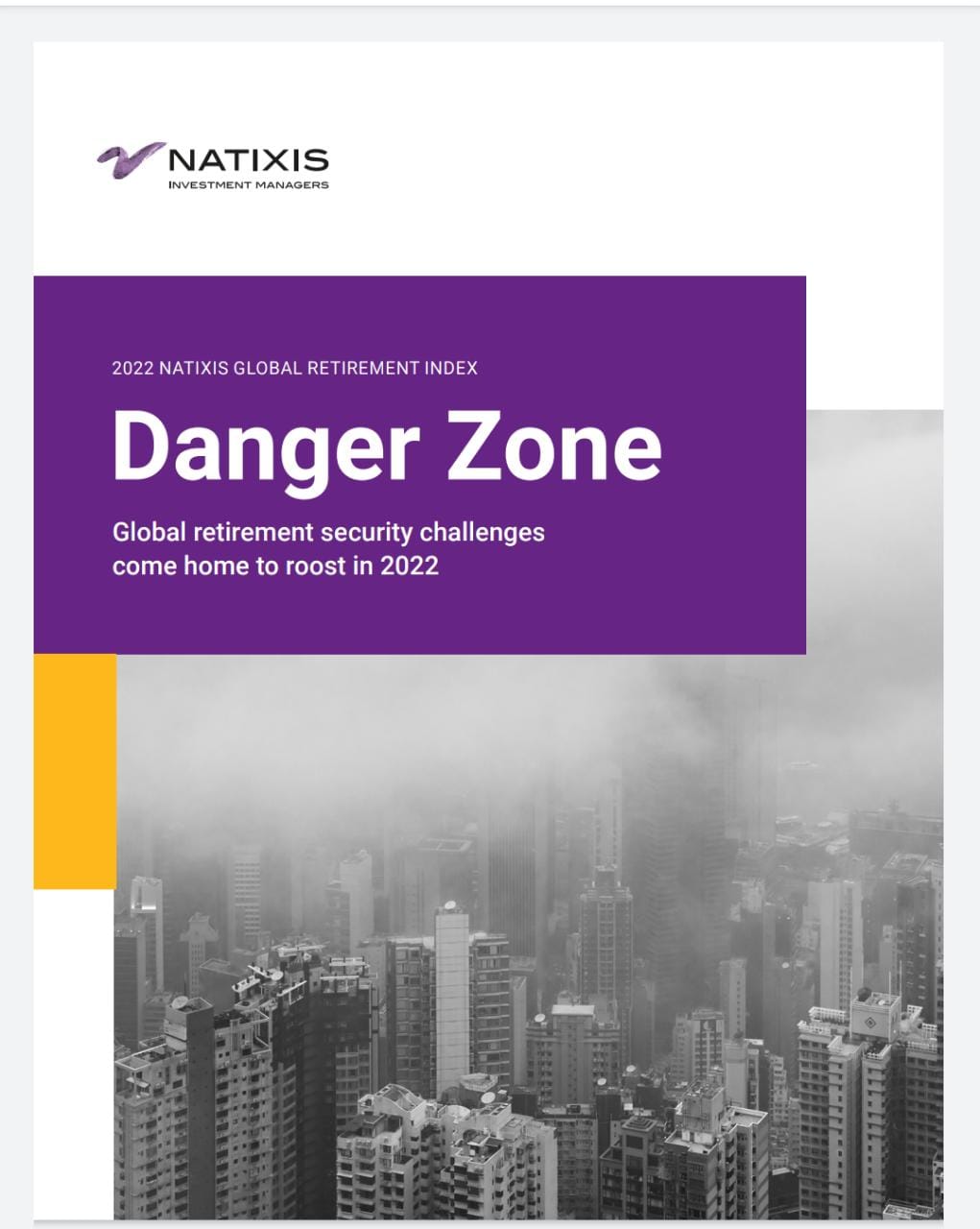Fintech Is Coming For Benefits: Best Practices For Employers
Fintech is increasingly touching every aspect of our lives, from retail to banking to blockchain, and now it’s coming for employee benefits. But how could fintech innovation change employer benefits? Employee benefits are essentially a payment or subsidy to employees—with some strings attached. They can apply this payment to specific areas, such as health, student loan debt, 401(k) plans, transportation and more. Benefits are among the biggest drivers of why employees choose companies—and stay. Yet benefits plans remain, in many instances,...










